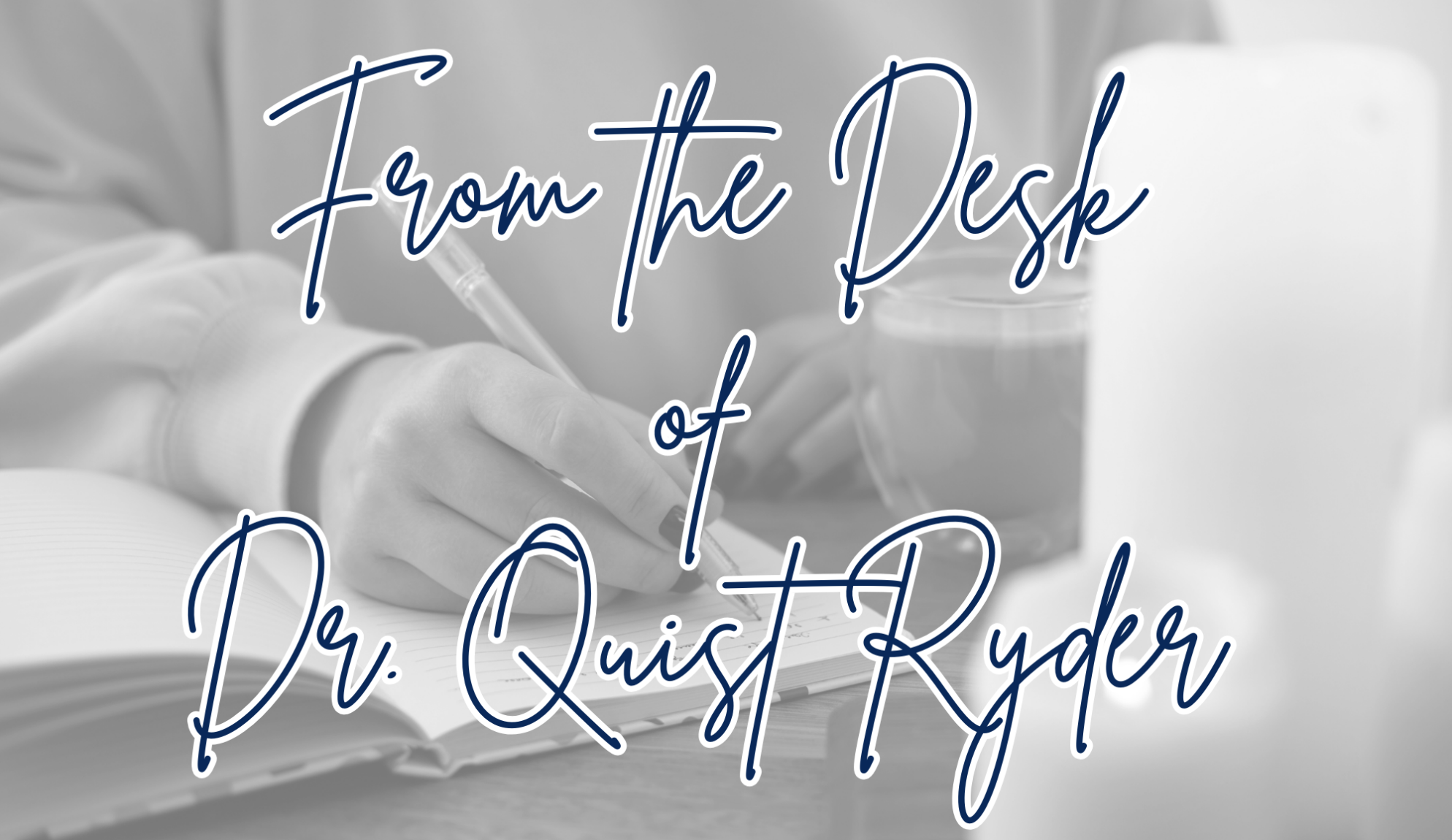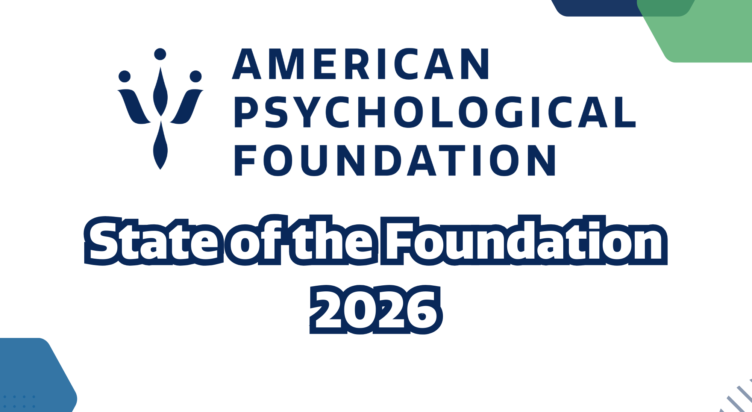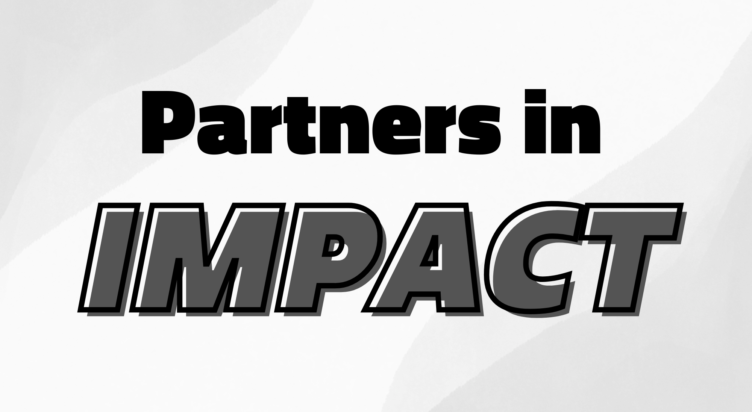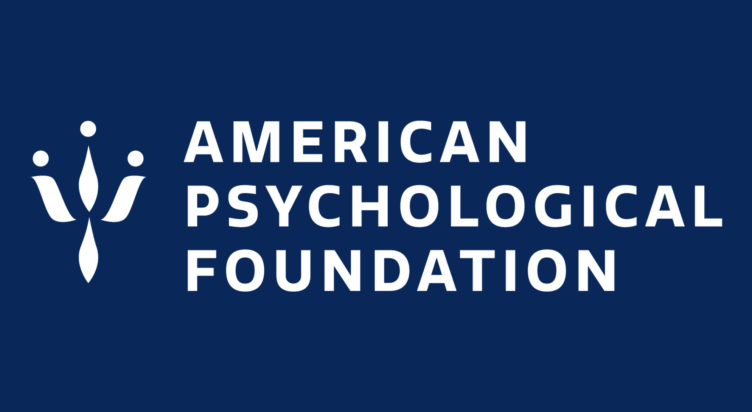World Mental Health Day: Access Only Works with Trust


From the Desk of Dr. Quist Ryder is a space for APF’s CEO to share insights and observations on APF initiatives, the state of psychology, and how philanthropy and psychology can work together to create a world where people are healthy, happy, and living with dignity.
Every year, World Mental Health Day gives us a chance to pause and remember: mental health isn’t just personal – it’s collective. At APF, we believe psychology gives us the tools to understand not only what’s happening inside someone’s head, but also the systems, barriers, and opportunities that shape their care. Mental health is not something experienced in isolation. It is profoundly influenced by the communities we live in, the support systems we rely on, and the trust we have in those systems.
This year’s theme for World Mental Health Day is access to mental health care. Important? Absolutely. But here’s the thing: access doesn’t mean much if people don’t trust the care that’s offered. Without trust, even the best intentioned services will remain underutilized.
Because let’s be honest: “availability” is a pretty low bar.
Access Without Trust = A Door No One Walks Through
Too often, the conversation about mental health accessibility stops at whether services exist. But the harder questions are:
- Do people actually feel safe using these services?
- Do providers understand the lived experiences of the people they’re serving?
- How do practical barriers, like transportation, childcare, or language, impact access?
- And how do histories of exclusion, discrimination, or mistreatment affect willingness to engage?
For many communities, especially those long pushed to the margins or historically underserved, the answer is: services may exist, but they don’t always feel like they’re for you. And when trust is missing, even a clinic that looks great on paper is just an empty waiting room. Access without trust can reinforce the inequities that leave people feeling isolated, unheard, and untreated.
Turning Principles into Practice
APF believes that filling these gaps between access, availability, and trust are critical. This is why we launched Direct Action – to support evidence-based programs that bring care directly into communities, shaped by the people they’re meant to serve. Just a few examples:
- GPS Group Peer Support Direct Action Program: Expanding free, evidence-based support groups that adapt to diverse communities and help people find strength in connection with peers who share lived experiences.
- Jewish Community Mental Health Initiative Direct Action Program (JCMHI): Clinician-led groups to process trauma and grief amid rising antisemitism, paired with research that ensures care reflects lived experience.
- APF Direct Action Visionary Grant Recipient Dr. Kiara Álvarez: Enhancing Spanish-language interventions for Latine families facing immigration-related stress, delivered by trusted community health workers who understand their unique challenges.
Each of these efforts is designed to move beyond availability, creating trustworthy care that meets people where they are, in every sense.
Trust is not just nice to have – it’s absolutely essential. Without trust, even the most innovative programs fail to reach those who need them most. When communities feel excluded, invisible, or dismissed, the gap in mental health care widens.
A Call to Direct Your Action
On this World Mental Health Day, we invite you to look past the surface of access. Services are great, but they are not enough on their own. Trust is what ensures that care is actually utilized and meaningful, and trust starts in the small moments. At APF, we’re working to close that gap between access and trust.
My question for you is: how will you direct your action?
Join us in expanding trustworthy mental health care.
- Sign up for the Foundation Insider to see our programs in action.
- Partner with us to bring evidence-based, community-driven care where it’s needed most.
Because access opens the door, but trust is what gets people to walk through it.
Learn more about APF Direct Action
Want to create impact through the power psychology? Donate to APF today!
Topics: CEO Blog Direct Action Mental Health World Mental Health Day
Discover More

2026 APF State of the Foundation
Hosted by APF President Dr. Melba Vasquez and APF CEO Dr. Michelle Quist Ryder, this event recapped APF’s impact in 2025 and celebrated the progress made possible by our incredible community. This event featured a first look at the 2025 APF Impact Report, including updates on our Direct Action programs, exciting new partnerships, and the stories and data that defined a truly transformative year for the Foundation (and for the future of psychology)! We also shared a sneak peek of upcoming initiatives that are designed to expand psychology’s reach where it’s needed most.

Partners in Impact with Dr. Diana Slaughter Kotzin | APF Donor Spotlight
Partners in Impact is a space for APF to highlight our donors, whose generosity and partnership enables psychology to tackle some of today’s most important challenges. In our first edition, we’re thrilled to feature Dr. Diana Slaughter Kotzin, who co-founded the Dr. Diana Slaughter Kotzin and Mr. Joseph G. Kotzin Fund Grant.

American Psychological Foundation Announces Two New Direct Action Visionary Grant Awardees
American Psychological Foundation Announces Two New Direct Action Visionary Grant AwardeesPrograms to support trans and nonbinary young people as well as trauma intervention for parents …
